|
Until now, rap had been more subculture in China than mainstream. However, a new singing contest “The Rap of China” has recently swept the nation and bought the subculture musicians under to the public. Youngsters "diss" this and that to become part of the trend. Unlike the traditional reality TV shows that were produced by the provincial TV stations, it was planned and made the online video platform, iQiyi. It says there have been over 2 billion combined views in 10 episodes of the show. Behind the billion views, “The Rap of China” can be seen as a textbook campaign that perfectly uses all the trending tactics and shred the light into a less recognised field. Celebrity and KOLs One of the most important factors that lead to the success is that heartthrob Kris Wu, an actor-singer and former boy band member, is a celebrity mentor for the rappers. He attracts fans across all ages and walks, He has been the first Chinese ambassador for Burberry which shows his brand value and popularity. Despite the other famous singers also join the show, he alone draws huge audiences for the show, at least in the first 5 episodes. His comment on “Do you have freestyle?” went viral and his mentorship was recognised by the audience. Many people become to adore him after watching his mentorship. Other mentors, more or less famous singers or celebrities, help gather some attention for the show as well. Each mentor leads one team, the contestants of which compete and eliminate the members of other teams. The mentors were also invited to be the judges in some episodes, to increase the tensity and create the drama. Sponsorship 150 million RMB (276 million AED) is the cost of a title sponsorship of "the Rap of China". As a standard in China, sponsor content and product placements are a huge part of the show, and nobody is surprised to see a supposed rebel rapping about the pleasure of sharing McDonald's snack boxes. The brand logo and messages, overpopulated the show from the beginning of moderator’s opening speech, to the table of contestants’ rooms and even in the rap lyrics. The viewers are suffocated by the volume of sponsor exposure. You will find it hard to skip the ads, because they are weaved into every pole of the show. That’s probably the biggest difference between Chinese reality show and X-factors. Online TV TV stations have been dominating the reality TV show for over ten years, however, the fast-growing online video platforms, both PC and mobile, finally change the game and turn the trend around this time. IQiyi, the online video platform and the production team of this show, surpasses Youku and Tencent Video on the market share and watching length. Its VIP and paid members jumped in 2016 thanks to its high-quality self-produced content. Its mobile APP became the 2nd used APP in China in the total used time. One thing distinguishes the online TV and traditional TV station is the revenue. Starting with only one small sponsor, IQiyi received requests from dozens of sponsors and earned over 2.5 billion RMB sponsorship fee. Other than the skyrocketing sponsorship fees and ads, production teams’ ambitious was far more than relying on ads income from the beginning. Membership package to skip the ads, collaterals and collaboration with other channels such as live broadcasting, gaming and e-commerce have been a part of the planning. There are more than 400 SKU around the show. DanMu
As TV stations also fit themselves into the digital era and put their reality show online after the live broadcasting, The biggest user experience difference between traditional TV station and online video is Danmu. Danmu, “bullet screen” in English or “danmaku” in Japanese, is the live commentary on the video. It originates from audience commenting on the Japanese animations. Bilibili, a video sharing website themed around anime, manga, and game fandom where users can submit, view and add commentary, expends it to the mass public. Reading others’ comments while watching the show feels like being part of a Facebook Live that audience engages not only with the video content but also other audience. It has been over ten years since the success of “Super girl” created the reality show wave. The passion and the talents on the singing reality show decline over the years. “The Rap of China” chose a different angle with the help of experiences in marketing and sponsorship. Beside the big investment on the program production, the “Keep Real” attitude is what those underground trappers try to advocate and what audience is attracted for.
0 Comments
Seeniun Media is not known for a long time, but almost every Chinese expat in Dubai must have known or used its hero community brand, Dubairen, to get restaurant inspirations, find the best school for kids or read Dubai property trends. Back in 2009, there were few local Chinese online forums where people gathered and discussed topics. Home is too far, while mainstream expat forums had cultural and language barrier. It was hard to find the useful information in Chinese. Compared to the mature Chinese communities in Europe, Dubai only witnesses the Chinese migration booms in the past ten to fifteen years. Chinese expats demographic experiences several phases: small business owners in import-export business came first, then big state-owned-companies relocated their infrastructure construction projects and staff here, recently more and more young generation embracing international environment landed in Dubai. The need for an online platform which provided structured and rich information, and connected people to a wider world has been never that urgent. For example, eating is the top priority for many Chinese, however, Dubai’s mainstream review platform Zomato doesn’t include most of the authentic Chinese restaurants. It is partly due to the language barrier and limited marketing capacity in the China Cluster in International City, and partly due to the unfamiliarity of authentic Chinese cuisines in the western and Arab world. The existing Chinese online forum couldn't meet the need either. The post would have a chaotic commenting list with some irrational messages and some irrelevant information. People have to rely on their own experience or reference of friends, but what if you are new to Dubai? There was a gap, where the opportunity lies. Although English is becoming a working language for many Chinese expats who work in an international environment, Chinese still incline to check daily news and trends, browse search engine results and enjoy the entertainment in their mother tongue. Seeniun Media saw the opportunity and grabbed it: A new community online platform, called Dubairen, was established. The literal translation of Dubairen is Dubai People. Dubairen editor, Momo Sam, started with posting some practical tips as a hobby, from how to change job to how to protect own legal rights. His initial aim was to share his experience with the mass, so that others can avoid the mistakes he had made. To his surprise, it was received very well and the readers started submitting more questions about living in Dubai. He, with the growing reputation of Dubairen, became a celebrity among 200,000 Chinese in Dubai. If you have a question about living in Dubai, you can either find the clear answer on Dubairen or throw the question to Momo Sam. He will dig it into the topic and make the answer happen. With the help of people with different speciality and skills, Dubairen gradually grows into an interesting combination of Expatwoman.com, Time Out Dubai, Zomato, and Gulf News. Great content does the marketing itself. You can easily find the high-quality content of the restaurant reviews, special offers in Dubai, selected regional news, insurance comparison etc. The monthly traffic peaked 600,000. Lots of local services targeting Chinese came to Dubairen as a result. Meanwhile, the digital revolution changed the community gathering from the online forum to social media engagement in the past few years. Dubairen was active on Weibo and Douban before Wechat swamped the social media and fundamentally changed people's communications. Dubairen's Wechat account and the community gathered 50,000 followers in 24 months. It becomes the most visited Dubai account. Unlike other brands, going from offline to online, Dubairen chose the opposite. In 2014, Dubairen added print magazine into its integrated marketing landscape--its bimonthly magazine. The 8,000 distributions go to Chinese Consulate, mega Chinese companies, DragonMart, restaurants and shops in the International City. It has been proven a big success that people haven't abandoned the traditional way that quickly and still love the feel and touch of a physical magazine for the voucher and yellow-page information. With benefits of the strong connection with most of the Asian restaurants in Dubai, Dubairen published its own “Entertainer”, a voucher book featuring Asian restaurants and local services.
Dubairen's success helped Seeniun Media grow its influence and business. In 2016, Seeniun Media planned and organized photography exhibition for Nakheel, managed and grew Burj Al Arab Wechat account, helped EDI achieved 300% sales growth. Seeniun Media has long been more than a mother group of Dubairen website but become the most known Chinese agency in Dubai, in event management, Chinese PR, Chinese social media management and integrated campaign planning and execution. If you want to reach out to the Chinese audience or Chinese in Dubai, Seeniun Media could be your best partner. The debate whether APP is worth the investment has always been there. The typical argument lies in the competition against other APPs and no major alternative in the market. However, Chinese brand marketers face a different decision. Wechat launched a new function called “Mini Program” in Jan and WeChat announced a new feature called “store mini-app” in its latest efforts to promote the application of its mini program. The new function will promote the formation of a benign business path in which official account owners publish store information on WeChat while users buy services or goods offline guided by the feature. Before this critical move, Wechat has long split public account into subscription account and service account, so that customer service oriented brand is able to develop their own API and customize the function for engagements such as appointment booking and order tracking. However, limits of service account are quite clear – user is allowed to publish content once a week, while the engagement is quite static. The benefits for the users are easy to spot: it saves time and efforts to download another one of thousands of APP, go through the registration process and familiarise yourself to the APP, then after two weeks, you can't even remember what's the APP for. For the brands, it is much cheaper to develop a Mini Program within Wechat framework than an APP from the scratch. For the SMEs and service providers who have frequent engagement with audience, Mini Program is not only a more affordable option but also an option that removes an extra step for user to download. More importantly, it is integrated with Wechat pay, therefore, one-click to complete the payment instead of saving the credit card information on the APP. Looking at the top 10 Mini Program list, more than half ranking in the first 20 are related to lifestyle, such as O2O bike renting, Didi Chuxing (Chinese Uber), Tencent video, McDonald’s and C-trip flight booking. Mini Program hasn’t replaced APP yet, not yet. The marketers are not too concerned at this stage. Mini Program is designed to serve all the brands, however, the fundamental objective is to consolidate Tencent and Wechat’s stickiness. The brand prefers owning the confidential user stats and monitoring the their behavior and performance to getting restricted by Wechat rules and regulations. However Mini Program is flexible for the developer side, it still largely depends how much freedom Tencent wants to give the brand. APPs are also seeking for new angles to break the barrier of downloading and encourage the constant engagement. Gucci travel APP releases a new function and showcases another possibility to succeed on APP. The new function is named “Gucci Places,” which offers customers and travellers alike the chance to take a close look at some of the global destinations that have left their mark on the this classic brand. Facing the fierce competition, APP is harder and harder to attract new users without massive marketing spend. For those who first enter the Chinese social media territory, the simple subscription account is a better start which can publishes one post a day and easily switch to service account later on. The community management can be done like Facebook or Instagram. Seenium Media, managing Burj Al Arab social account and having achieved 200% engagement growth in 3 month, provides professional Chinese social media management, Follow us on the industry insights and trends.
If looking at Huawei’s regional brand ambassadors, you will generate a list of “UAE Top Social Influencers” in no time. The magic of social influencers to the advertisers is not uncommon in this digital era. The capability to reach out to a highly target audience group who share the same interest or values is what every advertiser is in pursuit. Have a close look at the western and Arab social influencers. Those on the top list are mostly actresses, fashion bloggers, models, singers, all sorts of celebrities or a bunch of good-looking people who always focus the lenses on themselves and present their daily life to the world. Snapchat and Instagram are their main platforms. Visually strong content is a must. However, as China has grown its own digital world rules and platforms, social influencers in China play a different game as well. The social influencers, more often called Key Opinion Leaders (KOL), come from all folks of life: their identity could vary from novelist like @Fengtang, fashion blogger like @Gogoboi, film cementation like @DuSheMovie, fashion magazine like @Bazaar, to an economist @WuXiaoBo. The name “Key Opinion Leader” itself tells the difference from “Social Influencers”. The commonality of these social influencers is that they all expertise in one specific area and impose a profound impact on their fans. Those who can interpret the academic research, form their own opinion and spread the knowledge enjoy the popularity as well. The knowledge becomes more accessible and digestible to the general public. The KOLs could be an individual, a well-known brand, or a virtual brand identity, as long as it proves its value proposition. A good example is @LuoZhengYu, who produces talk show and makes himself famous for commenting on the historical events. There are opposite attitudes to his talk show. Some believe that he inspires more people to learn history, Nevertheless, other people argue that he doesn't give enough in-depth to the facts or even oversimplify the right-or-wrong. No matter what people's attitude to these KOLs, they do change the advertising landscape. Let’s compare the format of content between Chinese influencers and foreign influencers. The function of precise targeting is born as the fruit of social influencers all over the world. But it is presented differently. Due to the nature of Wechat, KOLs in China enable to write a long blog on Wechat account with images, video, GIF and QR-code, which is close than a blog than a quick posting platform like Instagram. In this sense, the line between media and social influencers are very blurry.
The complexity of the content decides that the advertisement collaboration with these influencers varies. For example, if a fashion blogger in UAE is paid to talk about my new collection, she might post a picture with the new cloth and tag the brand in the text, with a few behind-the-scene Instagram stories. Or she might do a few snaps and Instagram Live while attending the brand event. Then what’s equivalent in China? Live broadcasting on the event is the same, while editorials are different. The cheapest option is to repost what is given by the brand in the lower rank. However, Most high-profile influencers are reluctant to share the brand content directly but to write the editorial blog themselves, to keep the brand consistency. Some even mark the editorial content, so that their followers can choose whether to click and consume the ads. The more expensive option is to . Instead of a hard-sell, the KOLs prefer choosing an angle which has no difference to their regular content. The promoted brand and product will be bought out only at the very end in a subtle way. Identifying the right KOLs for the brands and managing these influencers to deliver on-brand message are not easy. Seeniun Media, the integrated marketing agency in Dubai with a special focus on China, can help you handle KOLs and plan your campaign in China and Dubai. Contact us now! |
Services |
Company |
|


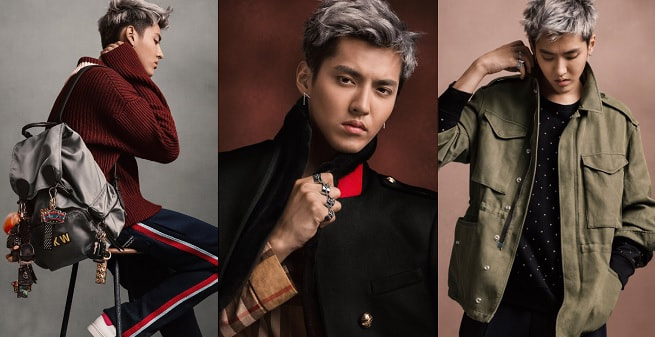
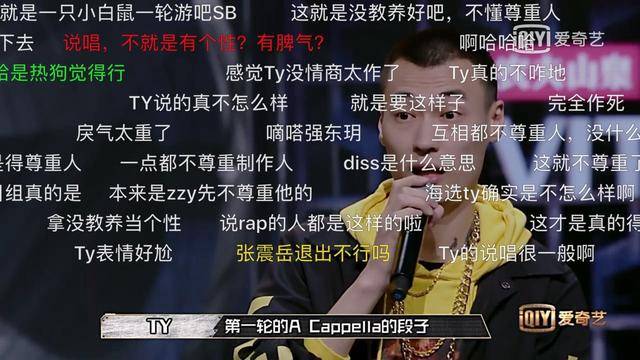

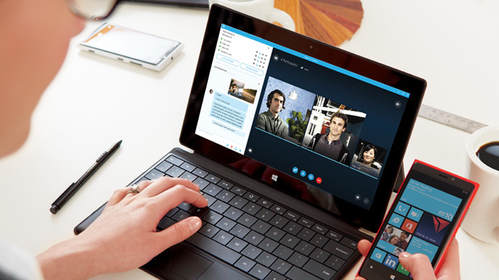
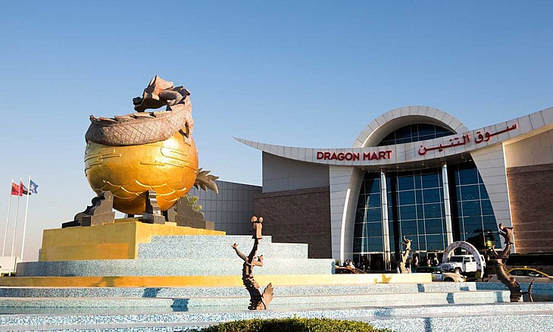



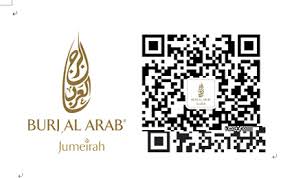
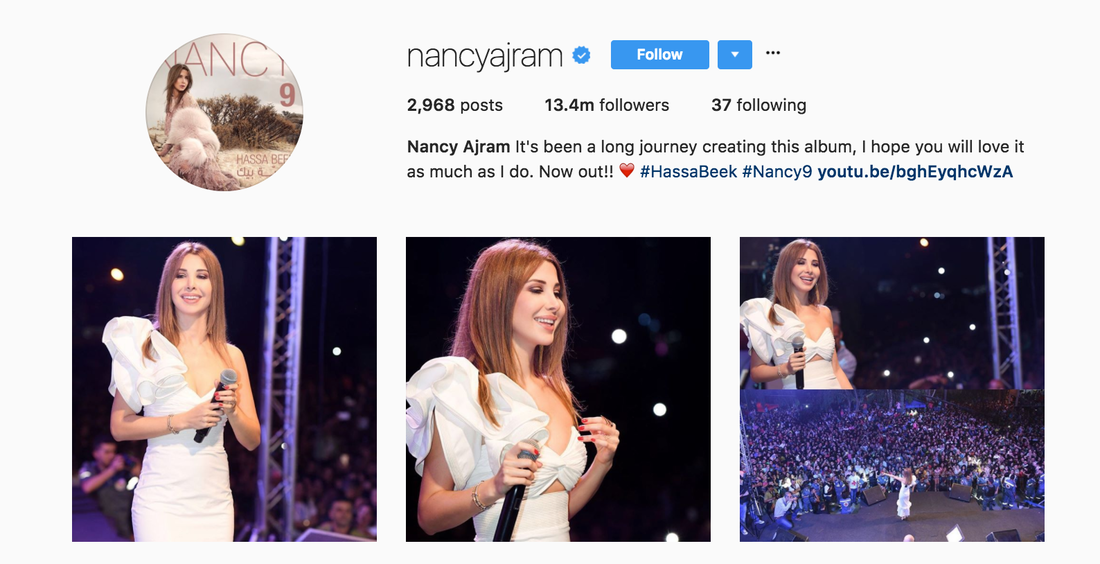

 RSS Feed
RSS Feed